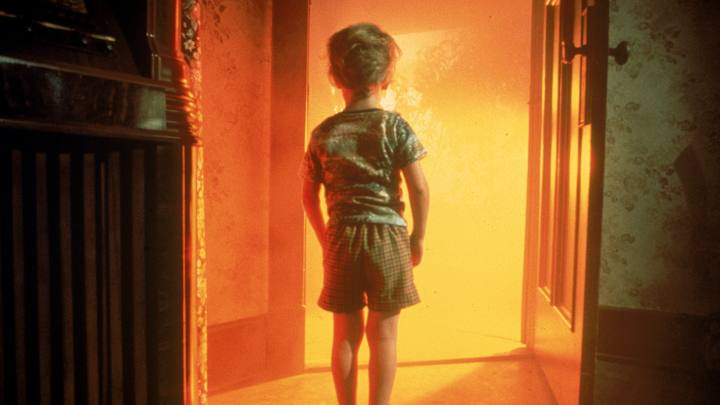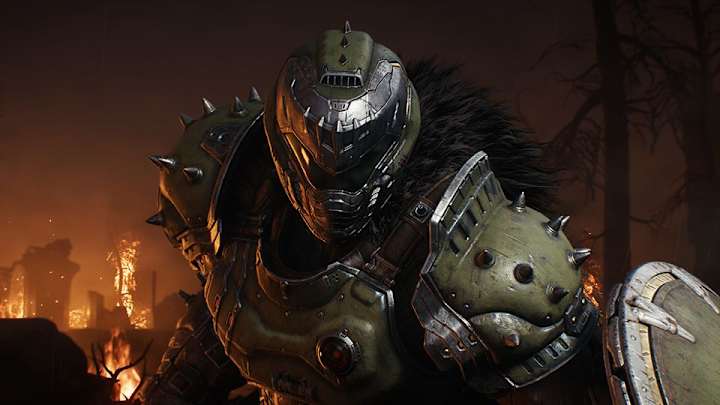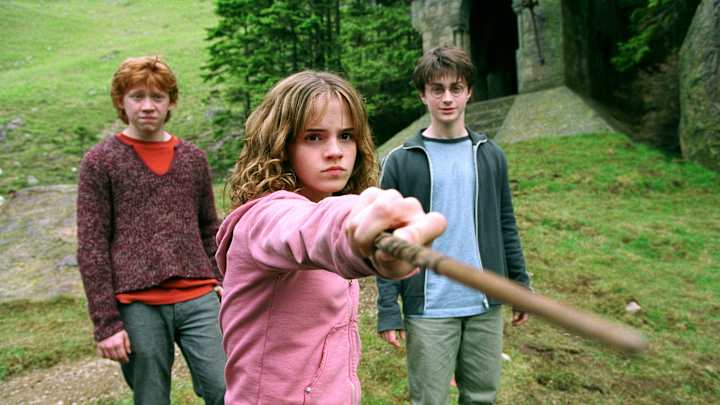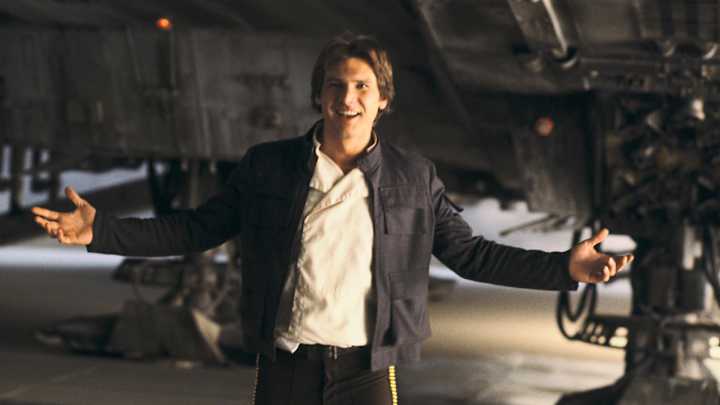Science fiction cinema has a knack for delivering self-contained stories that linger in the mind long after the credits roll. Not every beloved sci-fi film benefits from a longer franchise, and this list spotlights 15 titles that deserve to stay standalone. Each entry explains why its singular narrative and ending remain powerful, making a sequel unnecessary—and sometimes even harmful.
WALL-E
Pixar’s WALL-E captivates with its intimate, hopeful tale about a lone waste-collecting robot who sparks a renewed sense of humanity. The film’s strength lies in its complete arc—from curiosity and love to a hopeful vision for the future—so a follow-up risks diluting its emotional resonance. Its status as a standout animated milestone—recognized for its craft and narrative—underscores the power of a story that’s content to end where it ends.
The Martian
The Martian blends meticulous science with gripping survival drama as an astronaut navigates Mars with wit and grit. Because the narrative is tightly self-contained, a sequel could undermine the crisp, realistic arc that makes the film so satisfying on its own.
Gravity
Gravity creates an immersive, solitary battle for survival in the vastness of space, anchored by a standout performance and visionary direction. Its emotional core and technical achievements stand strongest as a complete experience, with a sequel likely to diminish the awe and intensity that define the original.
Ex Machina
Ex Machina probes AI and humanity through a suspenseful, intimate narrative with a deliberately ambiguous ending. Delving into a sequel risks softening the film’s provocative questions, whereas the original’s unsettling final beat lingers more powerfully when left unresolved.
Event Horizon
Event Horizon remains a cult favorite for its bold blend of sci-fi and horror, delivering a chilling, self-contained experience. Extending the story could dilute its psychological punch and atmosphere, making a sequel less compelling than the single, terrifying journey it offers.
The Fifth Element
The Fifth Element stands out with its vibrant world, quirky characters, and self-contained quest that feels complete. With director Luc Besson confirming no immediate plans for sequels, the film’s unique charm remains intact without chasing further installments.
Total Recall
Total Recall is famed for its mind-bending premise and action-forward storytelling, anchored by a deliberately uncertain ending. A follow-up could erode the clever ambiguity that gives the film its lasting appeal, and the less-favored 2012 remake only reinforces the preference for the original’s standalone status.
District 9
District 9 uses a grounded, found-footage approach to explore alien encounter and social themes, ending on a potent, self-contained note. Expanding the universe could dilute the sharp focus and the movie’s tight, impactful narrative.
12 Monkeys
Terry Gilliam’s time-travel thriller is dense with motifs of fate and memory, culminating in a conclusion that wraps its themes neatly. Although the concept inspired a TV series, the film’s singular vision stands best on its own without a sequel.
Galaxy Quest
Galaxy Quest blends parody, warmth, and genuine affection for fandom in a way that feels complete in a single outing. A sequel could risk losing the original’s crafted balance, especially after the departure of key cast members that gave the film its unforgettable magic.
Time After Time
Time After Time cleverly fuses science fiction with social commentary in a standalone story about time travel and moral choices. Its strong ending and compact narrative leave little room for a follow-up that could capture the same spark.
War of the Worlds
Both adaptations of War of the Worlds emphasize human resilience against alien threat and close with a self-contained victory over the invaders. A sequel could dilute the stark themes and the chilling sense of vulnerability that define the original works.
Close Encounters of the Third Kind
Close Encounters enchants with wonder, mystery, and Spielberg’s iconic score, presenting alien contact as a transformative experience. The decision to avoid sequels preserves the film’s mystique and enduring impact, keeping the sense of possibility intact rather than over-explaining outcomes.
The Day the Earth Stood Still
The Day the Earth Stood Still remains a pioneering parable about peace and understanding through a visitor from space. While the premise could suggest more, the film’s focused message works best as a standalone, and the 2008 remake is often cited as a misstep that confirms the wisdom of restraint.
E.T. The Extra-Terrestrial
E.T. is a timeless classic about friendship and belonging, delivering a complete arc that resonates across generations. Its emotional closure and enduring charm make a sequel unnecessary—a sentiment that has helped E.T. remain endlessly magical.
Conclusion
These are indeed 15 sci-fi movies far better off not getting a sequel, proving that a well-told, self-contained story can outlast a franchise—stream them, comment with your thoughts, and explore more on Cobble Hill Blog.







